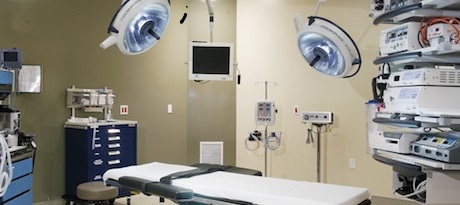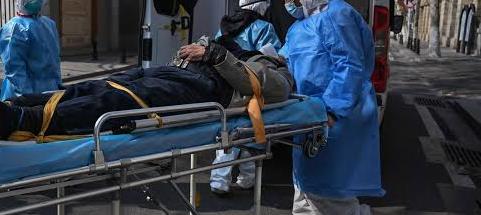SOURCES OF CASES IN AN EPIDEMIOLOGICAL STUDY
Cases in an epidemiological study can be sourced in any of the following ways:
- Data from hospital registries, clinics and disease screening records.
- All cases diagnosed in a particular hospital department at a given time.
- All cases diagnosed in the community/population.
- All cases diagnosed in all hospitals (public or private).
- All cases diagnosed in a sample or fraction of the population/community.
SOURCES OF CONTROLS IN AN EPIDEMIOLOGICAL STUDY
Controls in an epidemiological study can be sourced in any of the following ways:
- Samples of patients who do not have the disease under study in all hospitals.
- Samples from members of the general community/population who are at risk for the disease as the cases.
- Relations, spouses, children or companions of the cases.
- Samples of patients in the same hospital where cases were obtained from and, who do not have the disease.
- Non-cases in a sample of the community/population.
References
Aschengrau A and Seage G.R (2013). Essentials of Epidemiology in Public Health. Third edition. Jones and Bartleh Learning,
Aschengrau, A., & G. R. Seage III. (2009). Essentials of Epidemiology in Public Health. Boston: Jones and Bartlett Publishers.
Bonita R., Beaglehole R., Kjellström T (2006). Basic epidemiology. 2nd edition. World Health Organization. Pp. 1-226.
Porta M (2008). A dictionary of epidemiology. 5th edition. New York: Oxford University Press.
Rothman K.J and Greenland S (1998). Modern epidemiology, 2nd edition. Philadelphia: Lippincott-Raven.
Rothman K.J, Greenland S and Lash T.L (2011). Modern Epidemiology. Third edition. Lippincott Williams and Wilkins, Philadelphia, PA, USA.
Discover more from Microbiology Class
Subscribe to get the latest posts sent to your email.





